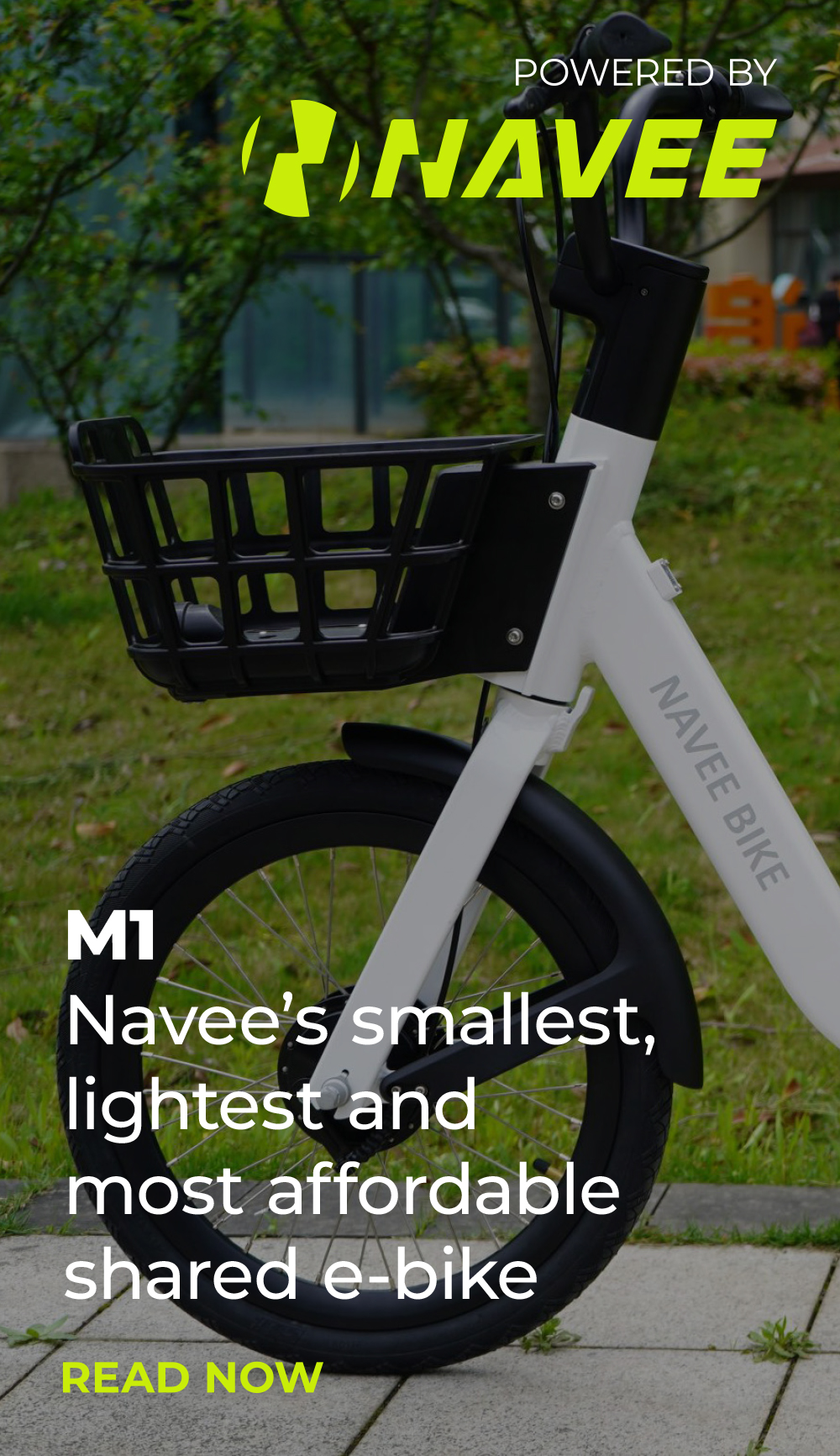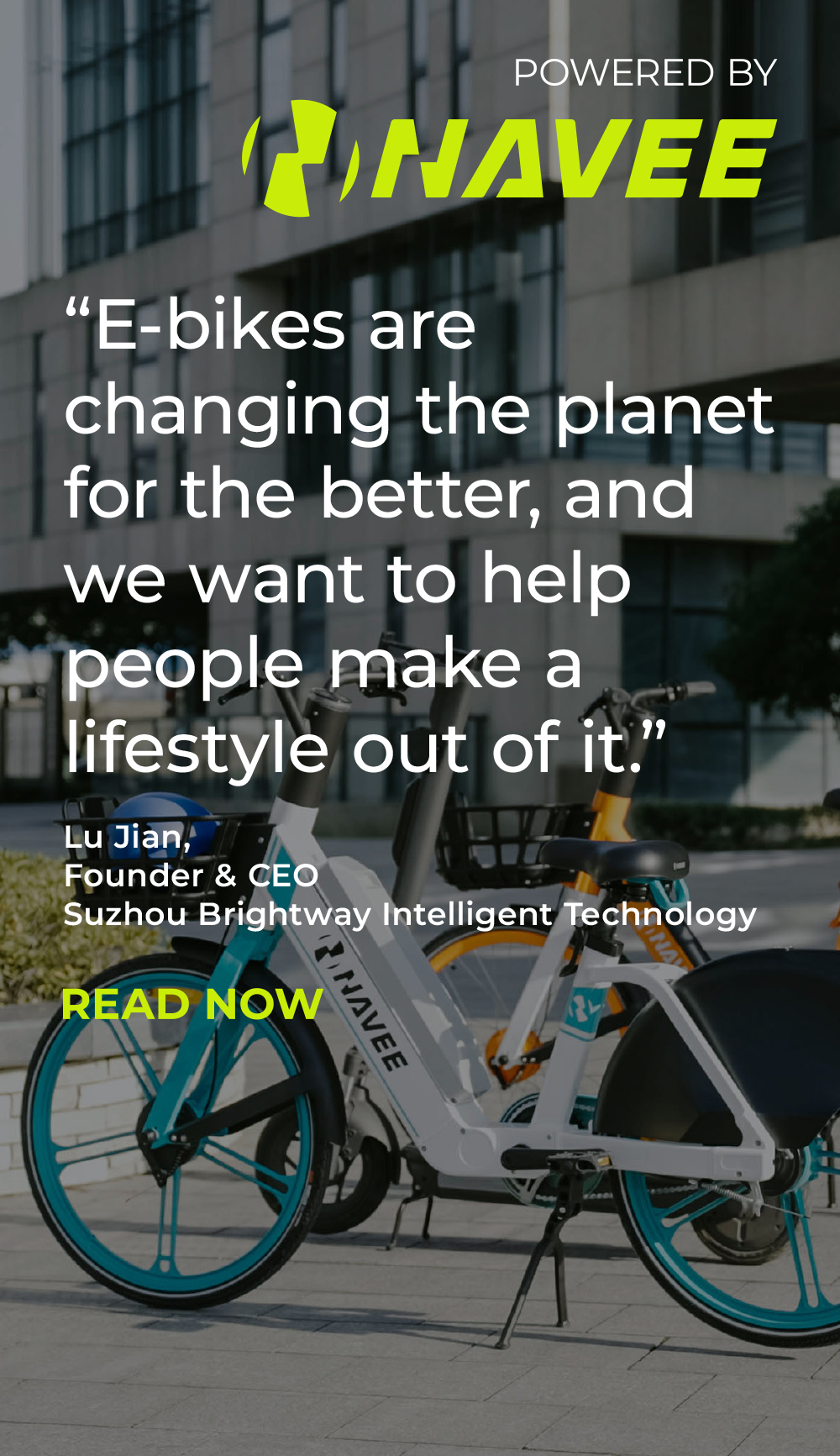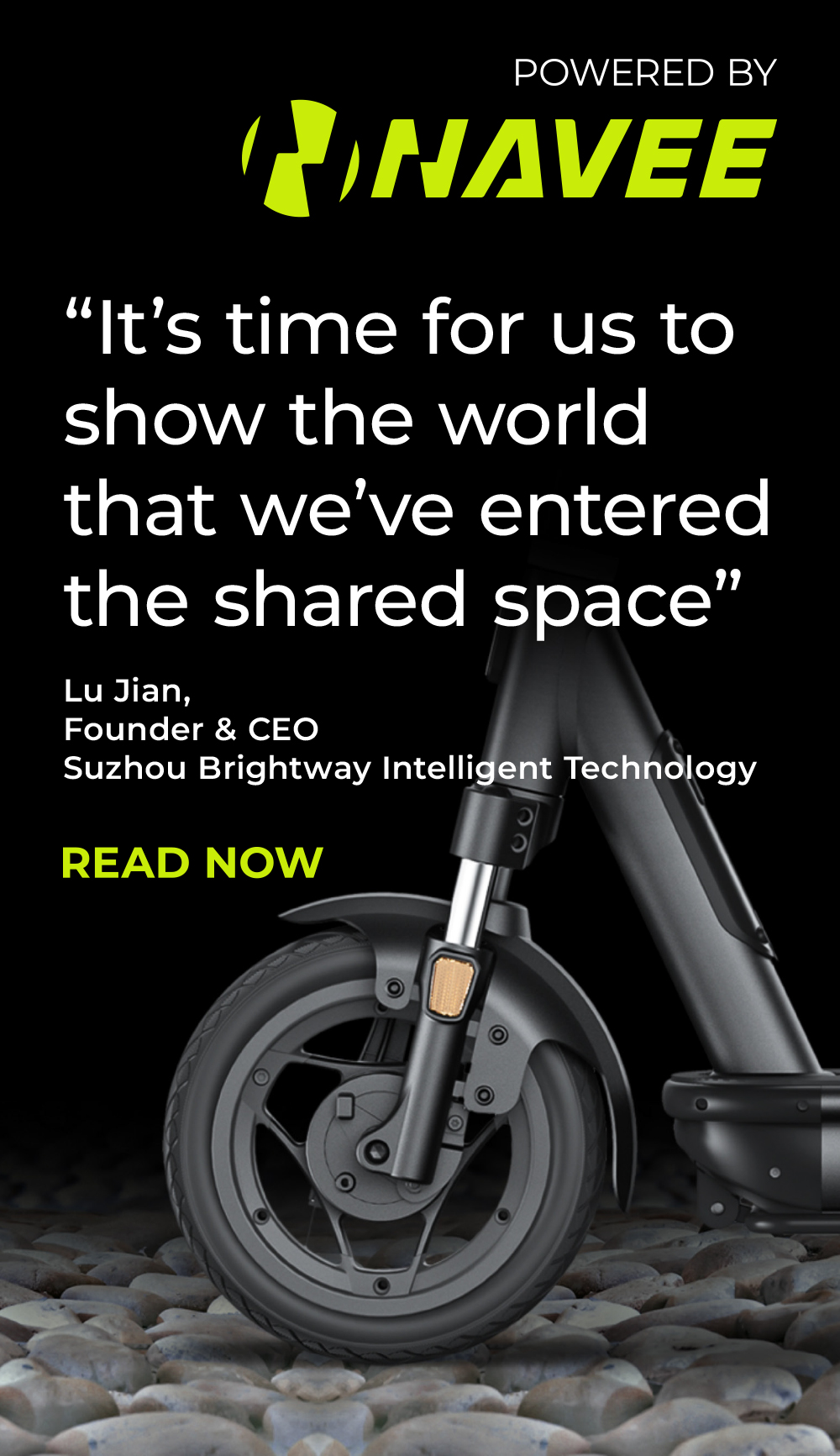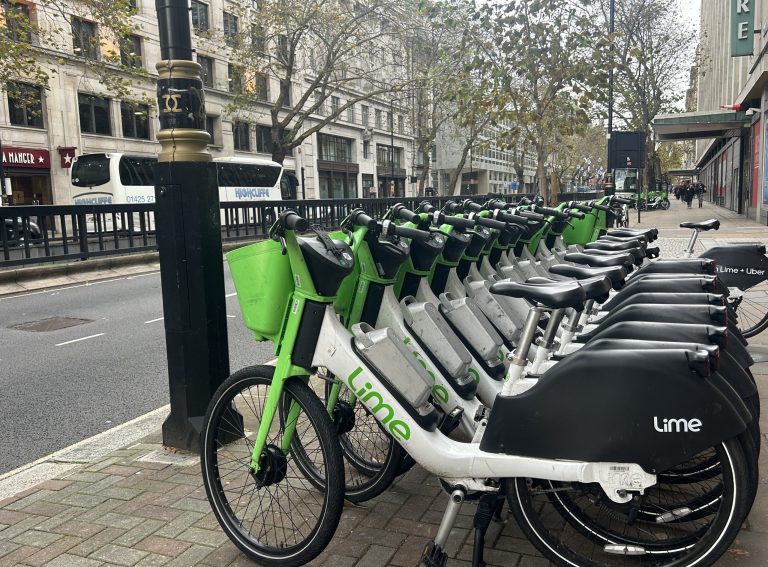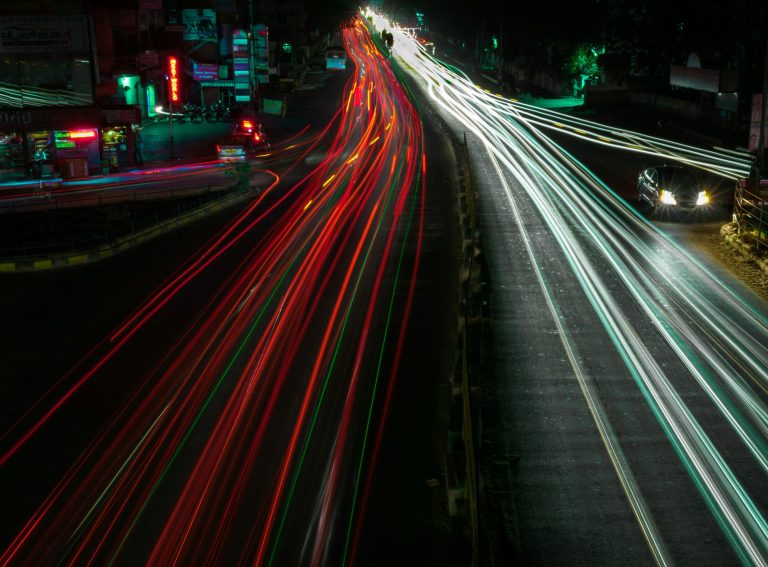New consumer research by mobility operator Bolt reveals that one quarter (25%) of Irish drivers are likely to ditch their car in the next five years as National Bike Week in Ireland gets underway.
More than half (54.55%) of the 1,001 respondents in the nationwide survey cited the overall expense of running a car as a potential reason for giving theirs up, while two out of five (40.86%) cited public transport improvements as a reason.
To celebrate National Bike Week and encourage people to switch to shared transport, Bolt is offering free 30-minute rides of its shared e-bike service to new and existing users in Sligo and Kilkenny where it operates. The offer can be redeemed by inputting ‘BIKEWEEK’ into the ‘Promotions’ tab of the Bolt app.
This week, Bolt is also launching its shared e-bike service in Wexford, with an initial deployment of 50 vehicles.
“Bolt’s mission is to reduce the need for private car ownership through offering multiple transport modes in the same app,” Aisling Dunne, Head of Public Policy for Bolt Ireland, told Zag Daily.
“We believe Ireland has amongst the highest potential for doing this as there is intrinsic high car usage but many journeys are short.
“Since launching shared electric bike schemes in Sligo and Kilkenny last year, we have seen Irish app users travel over 160,000 kms using our fleet and we have seen nearly 6,000 unique users in Sligo alone!”
Zag spoke with Mike Manchip, Founder of Irish-based company Anadue that provides automation and profitability analytics to shared micromobility operators, about the challenges this industry currently faces.
“In our view, shared bikes and e-bikes schemes in Ireland are in fact still in the early stages of take-off. There are a number of smaller deployments that have begun to operate in the last year or so, and we see that trend accelerating going forward.
“Infrastructure for bikes is still a problem in Ireland, slowing down the uptake of micromobility in general. Profitability is also an issue, and depends on a combination of increasing trips per vehicle by making vehicles more available, setting pricing of a trip to be attractive but sustainable, and reducing operational costs as much as possible.”
Vandalism also “remains high everywhere,” according to David Maloney, a leading micromobility consultant in Ireland. “Although it fluctuates from city to city and area to area, when the ratio of the cost of one trip is compared to the cost of 1 x badly vandalised or stolen bike, it’s difficult for the operators to recoup the cost. Though some levels of Insurance are available to offset this, it’s still challenging and insurance companies do not offer generous premiums to cover it.”
Andrew Fleury, CEO of Irish-based Luna, which leverages Computer Vision (CV) tech to solve safety challenges in micromobility, has also been closely following e-bike developments in the region.
“It’s encouraging to see Ireland’s continued support and allocation of funding – both with e-bike subsidies and infrastructure. The recent announcement of the expansion of The Walking and Cycling Index from the National Transport Authority will also hopefully yield more actionable data on regional cycling to support policy and funding efforts into the future. We hope to see continued improvements on infrastructure, particularly from a regional point of view.”

